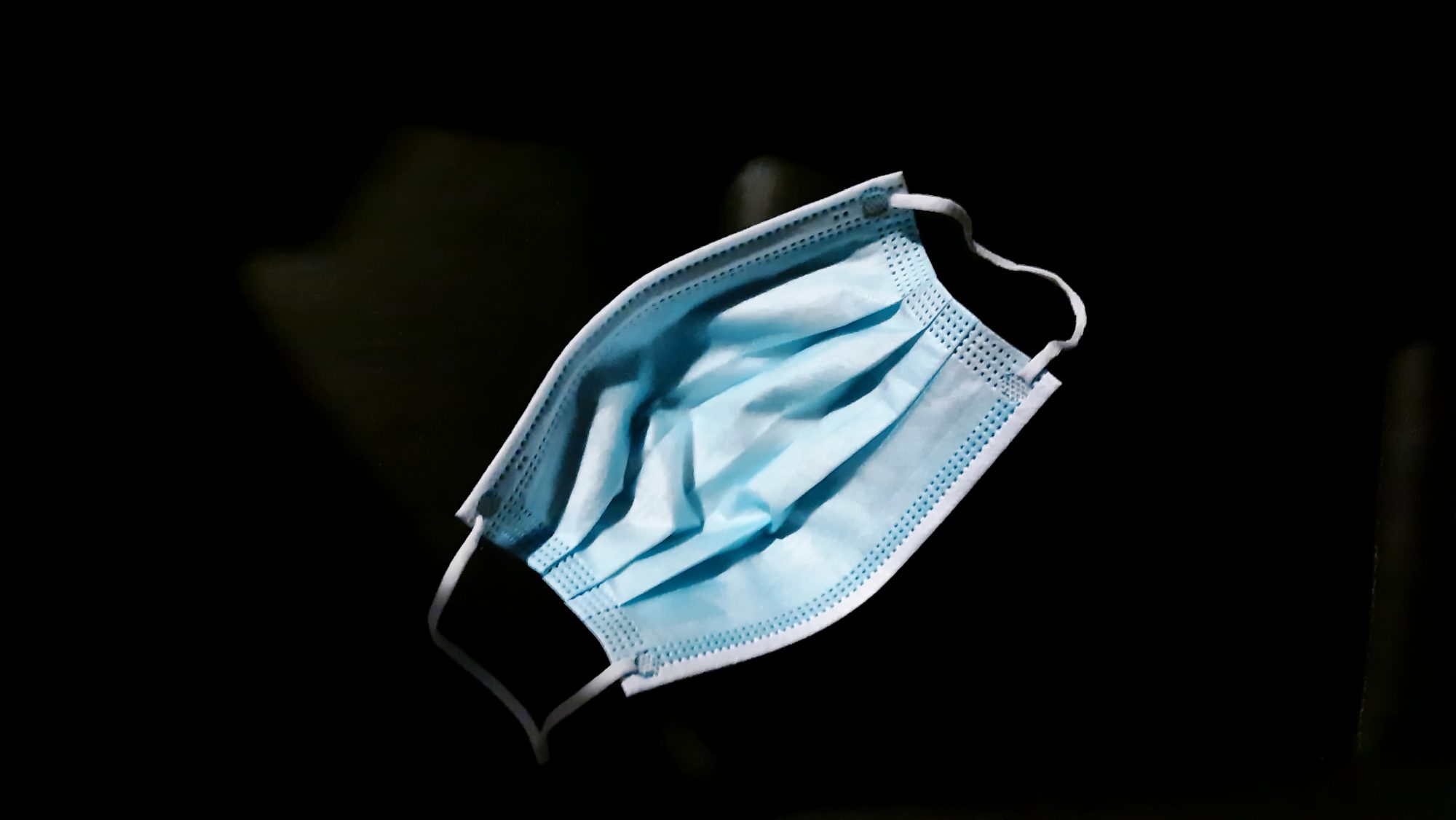Mark Konig / Unsplash
Under the rise of Omicron, everything is accelerated. The new variant of COVID-19 is spreading faster than Delta. Health workers are under greater pressure to administer booster jabs to all adults who want one by the end of the month. The Government has less time to make the most crucial decisions relating to COVID-19 restrictions. And the strain on healthcare services in Britain are also expediting. Despite findings that the Omicron variant is fifty to seventy percent less severe than Delta, the NHS could still be under huge pressure for beds, according to Chris Hopson, the chief executive of NHS Providers. “We still don’t have conclusive data in terms of what impact Omicron could have in terms of level of hospitals,” Hopson told BBC Radio 4’s Today programme. “We have some very early studies, but it’s a bit like trying to predict the result of a football game when you’re only a third of the way through.”
This is not the beginning of the pandemic. We have a better understanding of the COVID-19. We have better treatments. At the time of writing, forty-seven million people in the United Kingdom have been vaccinated with two doses. But the threat to the NHS remains. Unless the spread of Omicron diminishes, the NHS could be overwhelmed: the number of available beds will fall, waiting lists will increase and the entire system may buckle. So, here are five steps we can take to help the NHS, as we become more acute of Omicron’s spread.
Get vaccinated for COVID-19 — including a booster
This is the most simple and important thing you can do for the NHS. Two vaccine doses can help reduce the severity of COVID-19, but Omicron still largely evades immunity from past infection or two vaccine doses. Gaining a booster from the NHS will increase your chances of protection from COVID-19.
“The evidence is clear,” Professor Stephen Powis says, the NHS’s national medical director, “One or two jabs can help but they do not provide the protection we all need against Omicron.”
Get vaccinated for flu
Many vaccination clinics offer a flu jab concurrent with a booster jab. By having a flu vaccination, you’ll be protecting yourself and others from what can be a severe — and sometimes fatal — illness which could lead to hospital admission, and place further strain on the NHS.
The COVID-19 jab doesn’t protect against flu, so it’s vital to have both to prevent the need for hospital treatment. According to the UK Health Security Agency, there could be a significant flu surge this winter that coincides with rising COVID-19 cases.
Wear a mask in close social settings
Like getting vaccinated, wearing a mask is one of the most simple things you can do to prevent contracting Omicron and placing further strain on the NHS. From reviews to numerous observational studies, mask-wearing lowers rates of infections, while there is little to no evidence that wearing a mask causes harm.
While some form of mask is better than no mask, not all masks are equal in their level of protection. According to an extensive review of different face masks from Science Advances, N95 face masks offer the most protection, while surgical face masks are the second-best option. Remember, no matter the mask, it should always cover your nose and mouth.
Volunteer at the NHS
For those that want to play a more active role in helping the NHS, opportunities to volunteer at your local hospital or ambulance trust, or even an organisation that works with the NHS can go a long way. Each hospital is likely to have a choice of volunteering options, from ward and department volunteers, administrative support, to even fundraising.
Following the announcement that all adults will be offered a booster jab, help from vaccination stewards has never been more important. Volunteers greet and guide people at vaccination centres, help drive people to their own medical appointments, and assist the public in avoiding busy places by collecting their shopping and helping with other tasks. By volunteering, you’ll be becoming part of the NHS and helping to support an organisation struggling with vacancies and absences on the frontline.
Support NHS charities
Like many healthcare organisations, the NHS relies on investment and funding to provide the best healthcare services to its patients. After a decade of cuts to NHS services, financial support has never been more important. By donating to NHS Charities Together, you’ll be integral in helping the NHS during the most challenging period in its history.


